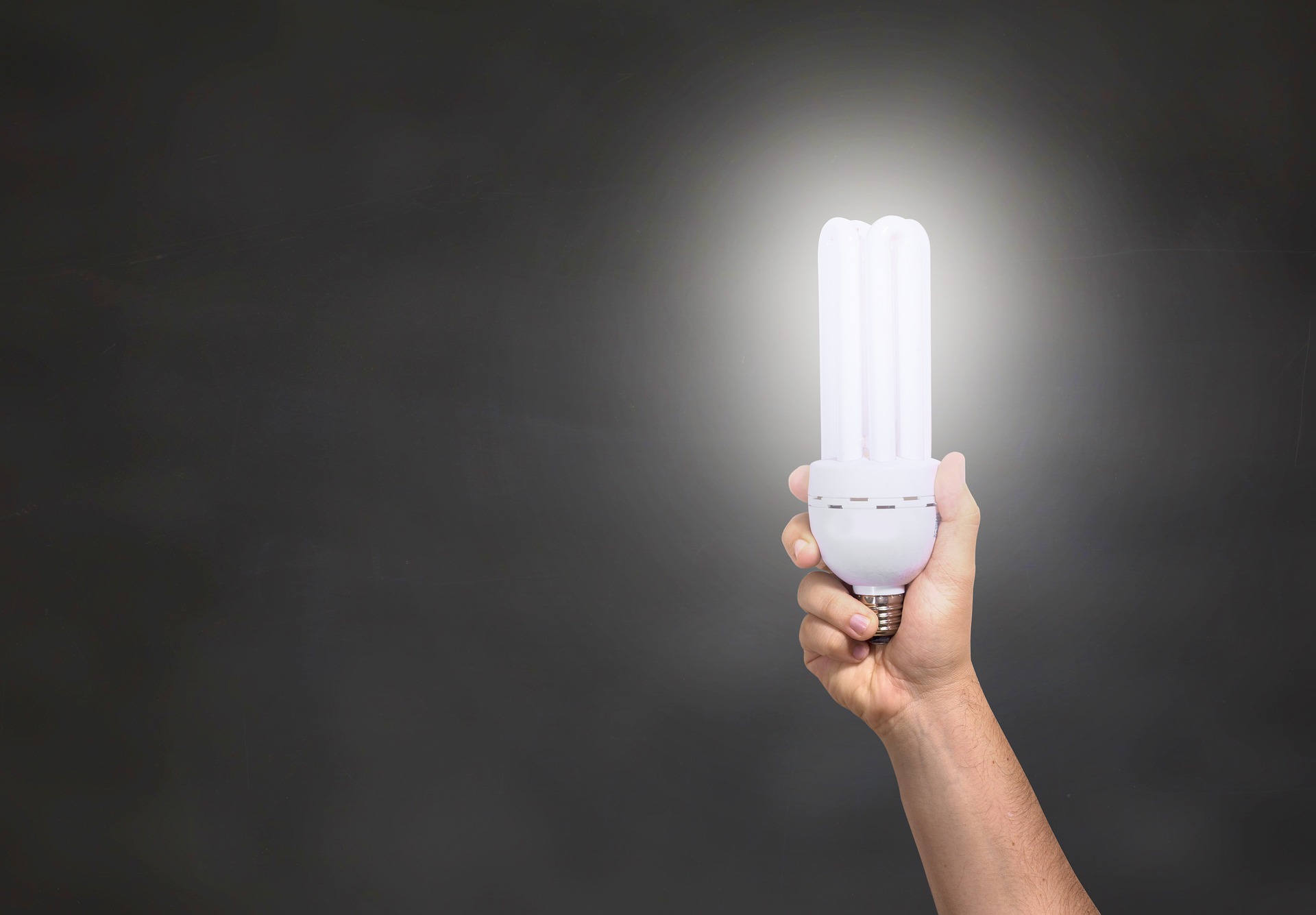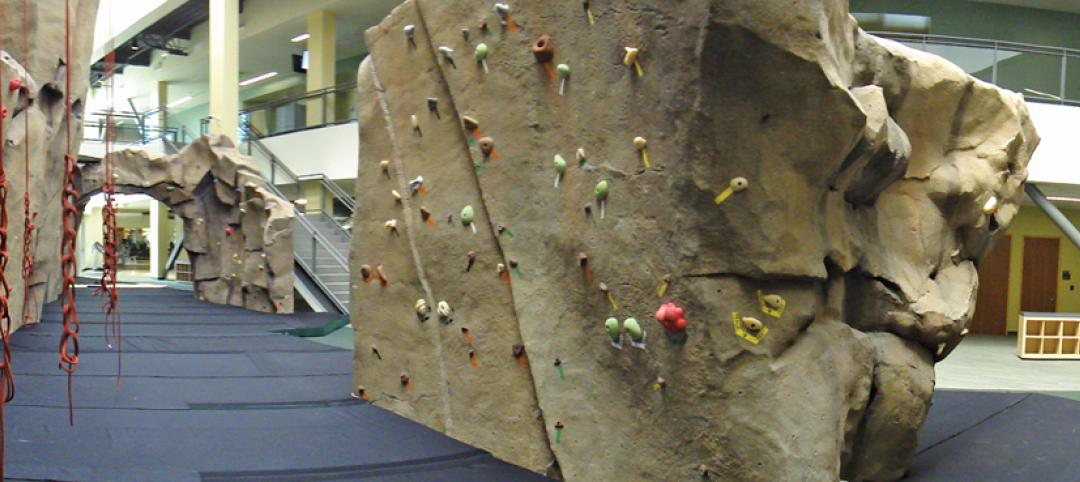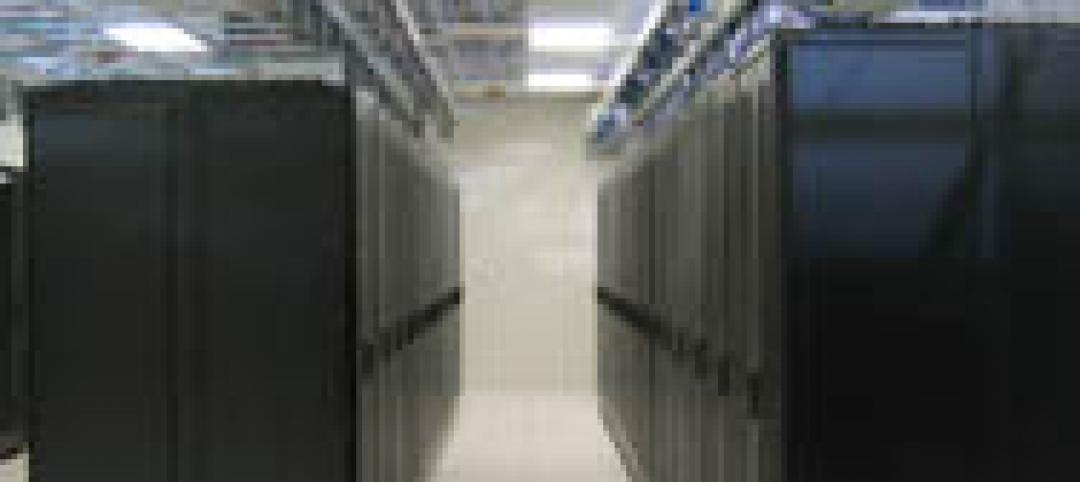Federal government research shows a huge leap in the penetration of LEDs in the lighting market from 2010 to 2020.
In 2010 and 2015, LED installations represented 1% and 8% of overall lighting inventory, respectively. By 2020, LED installed units represented roughly 48% of the installed base in residential and commercial sectors.
The findings on LEDs are part of a new Lighting Market Characterization (LMC) report for baseline year 2020 by the U.S. Department of Energy (DOE). The fourth edition of the LMC report contains summary estimates of installed stock and energy use of various general illumination lighting products.
These reports help DOE and others plan effective lighting research and development programs based on changing needs. Other findings include:
In 2020, residences accounted for 80% of all lighting installations nationwide, at 6.5 billion installed units compared with 1.6 billion lighting installations in commercial buildings.
In both the residential and commercial sectors, the average wattage per installed unit has decreased significantly to approximately 22 watts and 27 watts respectively, with much of the reduction attributable to the continuing decline of incandescent, halogen, CFL, and linear fluorescent lamps in favor of high-efficiency LED replacements.
Of the 244 TWh of electricity consumed by lighting in U.S. buildings in 2020, about 69% was attributable to the commercial sector even though the number of installed units was relatively lower due to higher average wattage and longer operating hours.
The report highlights persistent inequities in lighting upgrades based on building type. For instance, educational institutions lag all other commercial building types in adopting the most energy efficient lighting, and mobile homes and multifamily homes likewise lag other residential building types.
Related Stories
| Sep 30, 2010
Luxury hotels lead industry in green accommodations
Results from the American Hotel & Lodging Association’s 2010 Lodging Survey showed that luxury and upper-upscale hotels are most likely to feature green amenities and earn green certifications. Results were tallied from 8,800 respondents, for a very respectable 18% response rate. Questions focused on 14 green-related categories, including allergy-free rooms, water-saving programs, energy management systems, recycling programs, green certification, and green renovation.
| Sep 21, 2010
New BOMA-Kingsley Report Shows Compression in Utilities and Total Operating Expenses
A new report from the Building Owners and Managers Association (BOMA) International and Kingsley Associates shows that property professionals are trimming building operating expenses to stay competitive in today’s challenging marketplace. The report, which analyzes data from BOMA International’s 2010 Experience Exchange Report® (EER), revealed a $0.09 (1.1 percent) decrease in total operating expenses for U.S. private-sector buildings during 2009.
| Sep 16, 2010
Green recreation/wellness center targets physical, environmental health
The 151,000-sf recreation and wellness center at California State University’s Sacramento campus, called the WELL (for “wellness, education, leisure, lifestyle”), has a fitness center, café, indoor track, gymnasium, racquetball courts, educational and counseling space, the largest rock climbing wall in the CSU system.
| Sep 13, 2010
Second Time Around
A Building Team preserves the historic facade of a Broadway theater en route to creating the first green playhouse on the Great White Way.
| Sep 13, 2010
Data Centers Keeping Energy, Security in Check
Power consumption for data centers doubled from 2000 and 2006, and it is anticipated to double again by 2011, making these mission-critical facilities the nation's largest commercial user of electric power. With major technology companies investing heavily in new data centers, it's no wonder Building Teams see these mission-critical facilities as a golden opportunity, and why they are working hard to keep energy costs at data centers in check.
| Aug 11, 2010
WattStopper contributes freezer case occupancy sensor to DOE study
WattStopper has participated in a ground-breaking demonstration of solid-state lighting (SSL) technology combined with occupancy sensors in grocery store freezer cases. The project was supported under the U.S. Department of Energy (DOE) Solid-State Lighting GATEWAY Technology Demonstration Program. WattStopper contributed FS-705 Wide Angle PIR occupancy sensors to the project.
| Aug 11, 2010
New data shows low construction prices may soon be coming to an end
New federal data released recently shows sharp increases in the prices of key construction materials like diesel, copper and brass mill shapes likely foreshadow future increases in construction costs, the Associated General Contractors of America said. The new November producer price index (PPI) report from the Bureau of Labor Statistics provide the strongest indication yet that construction prices are heading up, the association noted.
| Aug 11, 2010
29 Great Solutions for the AEC Industry
AEC firms are hotbeds of invention and innovation to meet client needs in today's highly competitive environment. The editors of Building Design+Construction are pleased to present 29 "Great Solutions" to some of the most complex problems and issues facing Building Teams today. Our solutions cover eight key areas: Design, BIM + IT, Collaboration, Healthcare, Products, Technology, Business Management, and Green Building.










